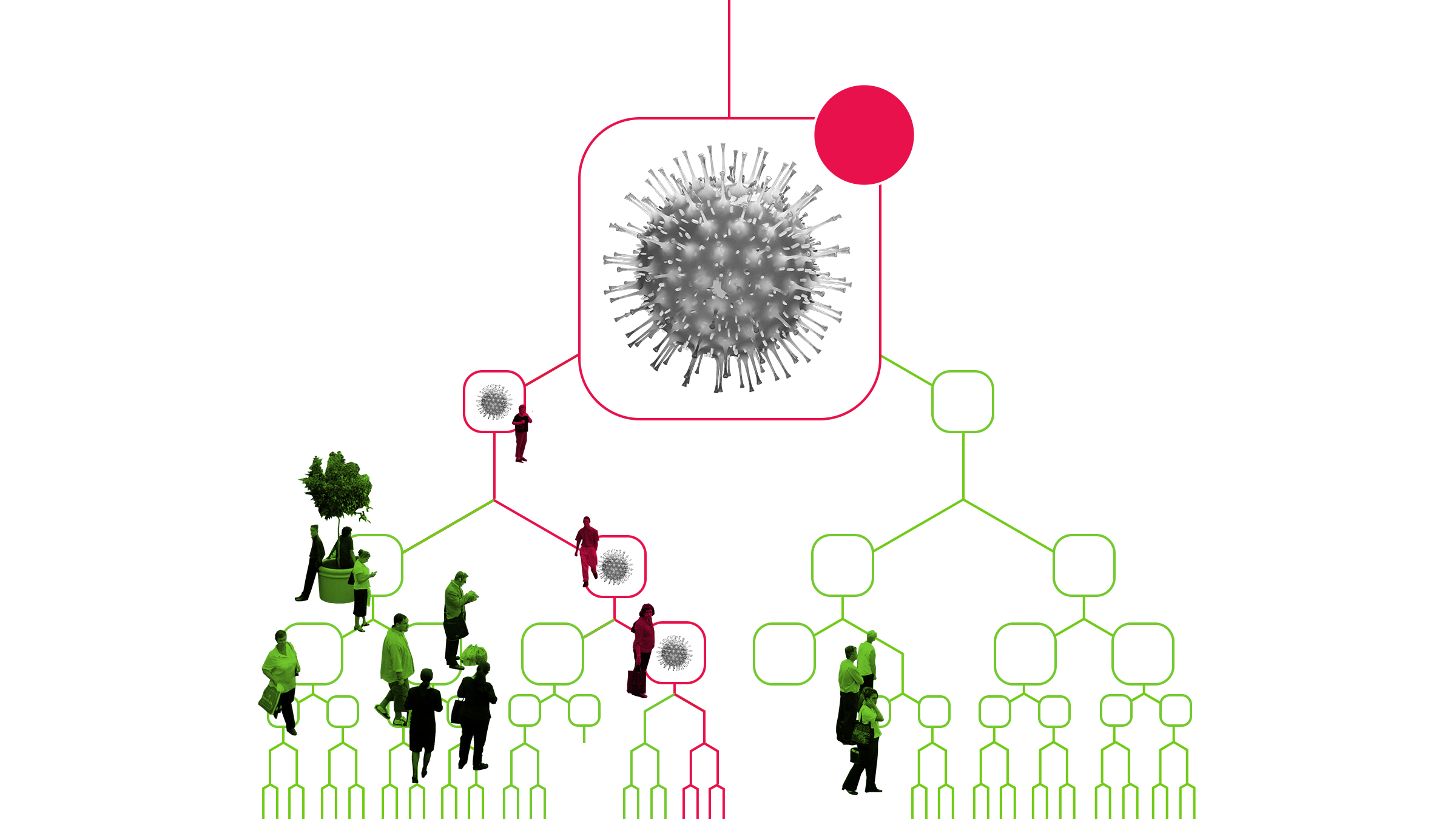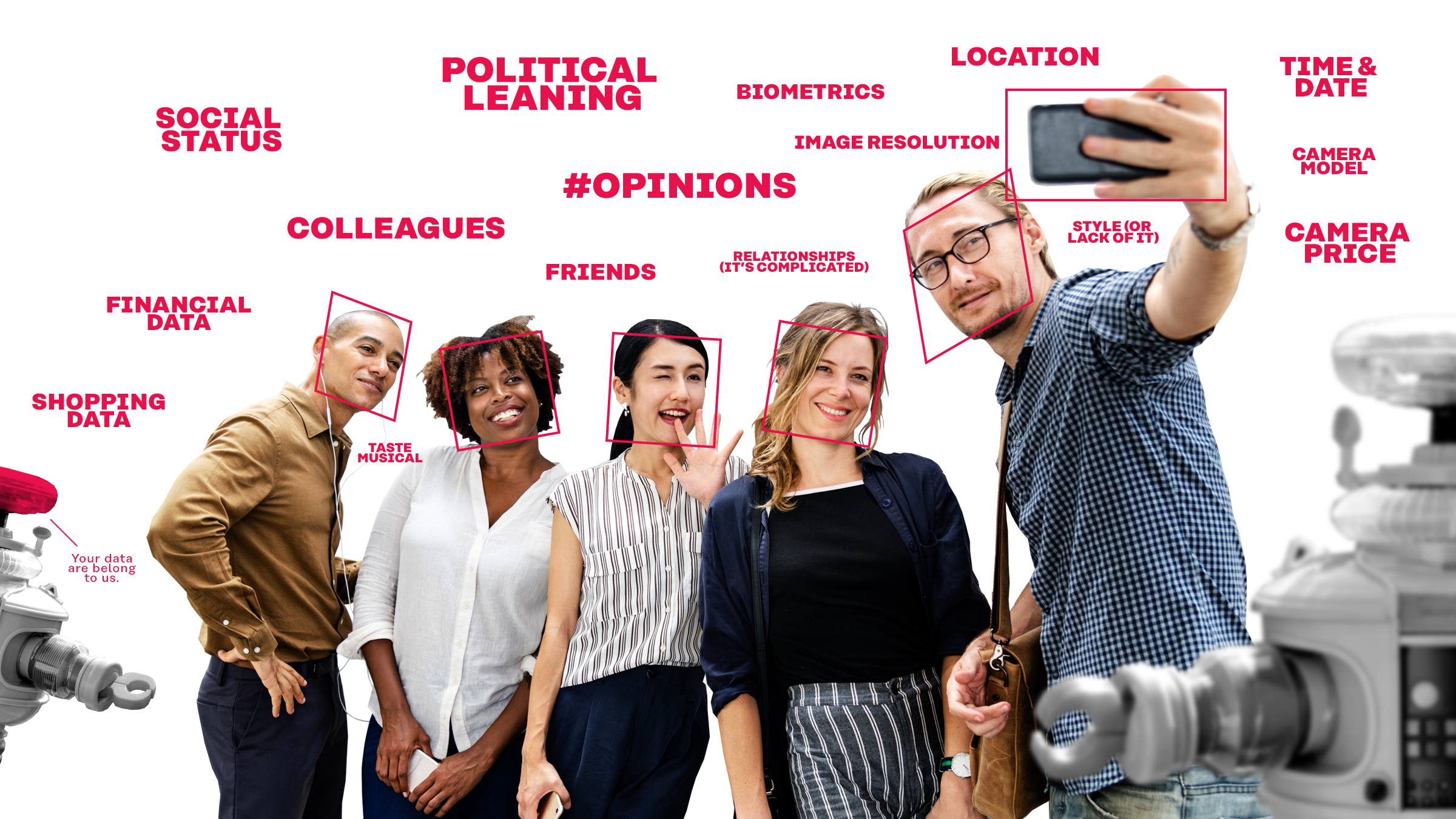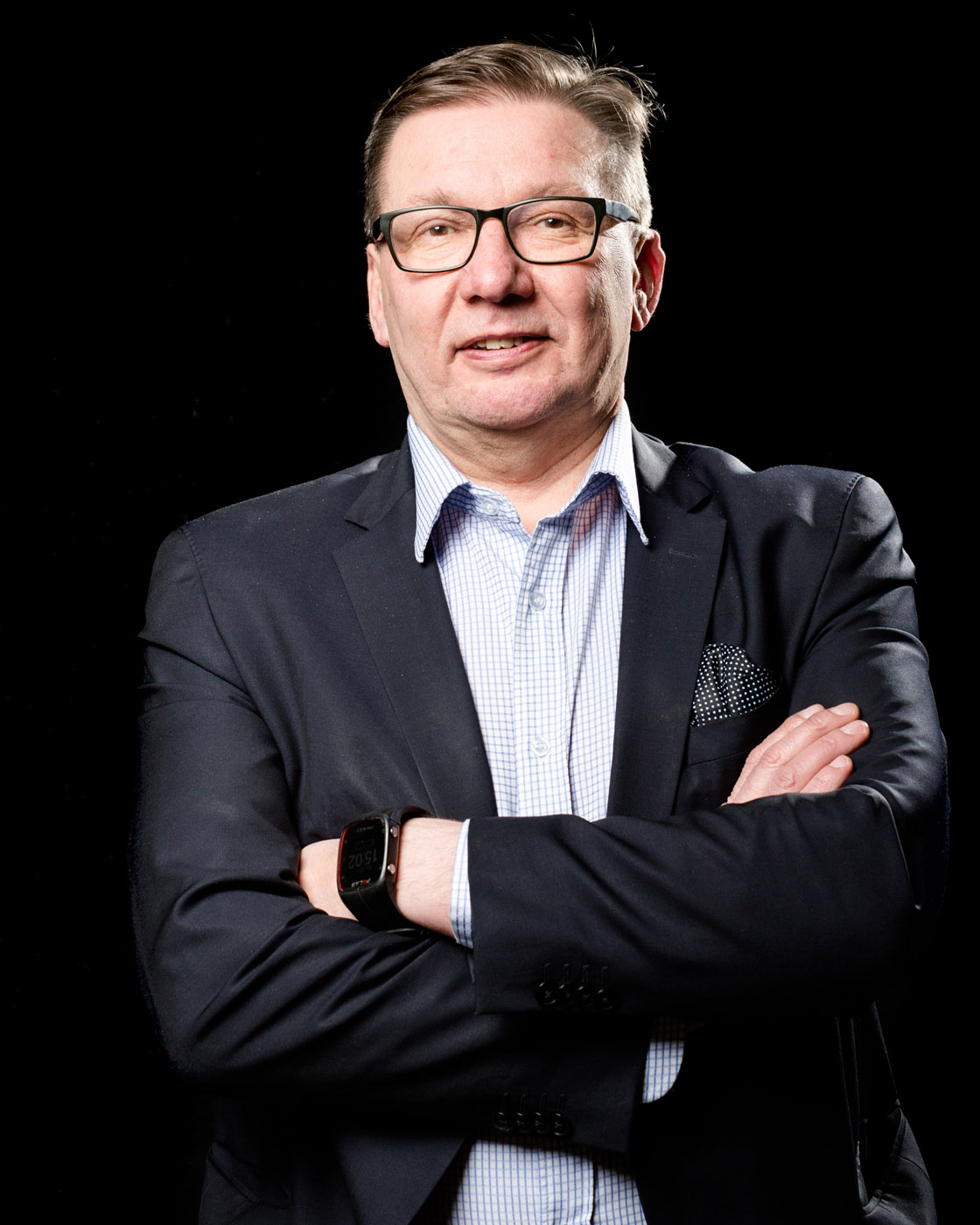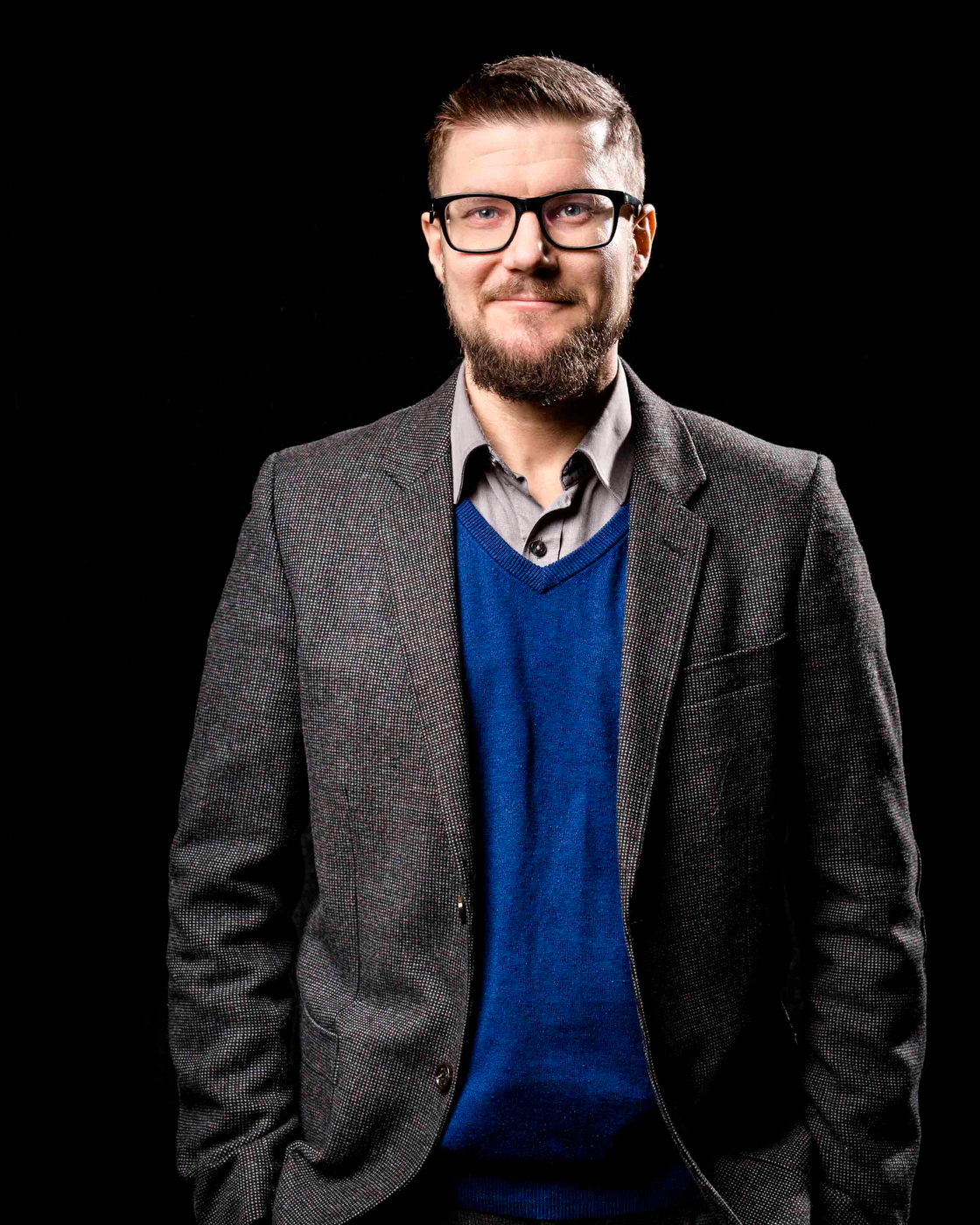The robocall pilot
The robocall pilot combines care during these exceptional times caused by coronavirus, a spirit of experimentation and opportunities created by digital services. The pilot aims to find new ways of identifying the service needs of local residents and helping those in need efficiently.
The coronavirus pandemic has turned everyday life upside down in Finland and around the world. In particular, the need to protect risk groups and to distance ourselves physically from others has forced people apart during this stage of the crisis. The pandemic is a threat to people’s health, but emergencies can also burden us in many other ways, depending on our individual situation in life.
As physical distances increase during isolation, the importance of mental proximity becomes important. And caring for each other. For this reason, the municipality of Kuhmoinen is testing the use of automatic calls to determine the service needs of its residents. This is a new way of communicating directly with local residents.
What do we do?
During the pilot, the municipality of Kuhmoinen will use robotic telephone technology to contact all adult residents whose contact information is available. The aim of the call is to find any residents who are in need of services. The On-time call robot used during the pilot can make up to 18,000 calls per hour, which means that reaching the adult residents in Kuhmoinen is relatively fast. The telephone robot that calls the residents plays the voice of municipal manager Anne Heusala.
Due to technical reasons, the telephone numbers of all residents of the municipality are not available, so during the pilot the residents will also have the opportunity to call a service than can ascertain their need for help. During the first round of calls, the residents are asked whether they want to be sent the telephone number of the municipal helpline via a text message.
Where are we at?
The first round of calls took place on Thursday 9 April 2020. The preliminary results from this first round of calls will be available almost immediately. Personal data and results are made anonymous. On-time, which makes the calls, does not store any personal data. The answers to the open question will be submitted to the municipality of Kuhmoinen, which will use them to develop their services.
During the spring, if needed, a new round of calls may target everyone or only specific groups of residents.
Who is involved?
The municipality of Kuhmoinen is the project organiser. The technical solutions for the robocalls are provided by On-Time research solutions Oy, the leading automated calling service in the Nordic countries. The project is funded by Sitra.
The experiment is part of Sitra’s Updating Democracy project, the key objectives of which include promoting citizens’ participation by utilising the means offered by digital services.





What is it about?